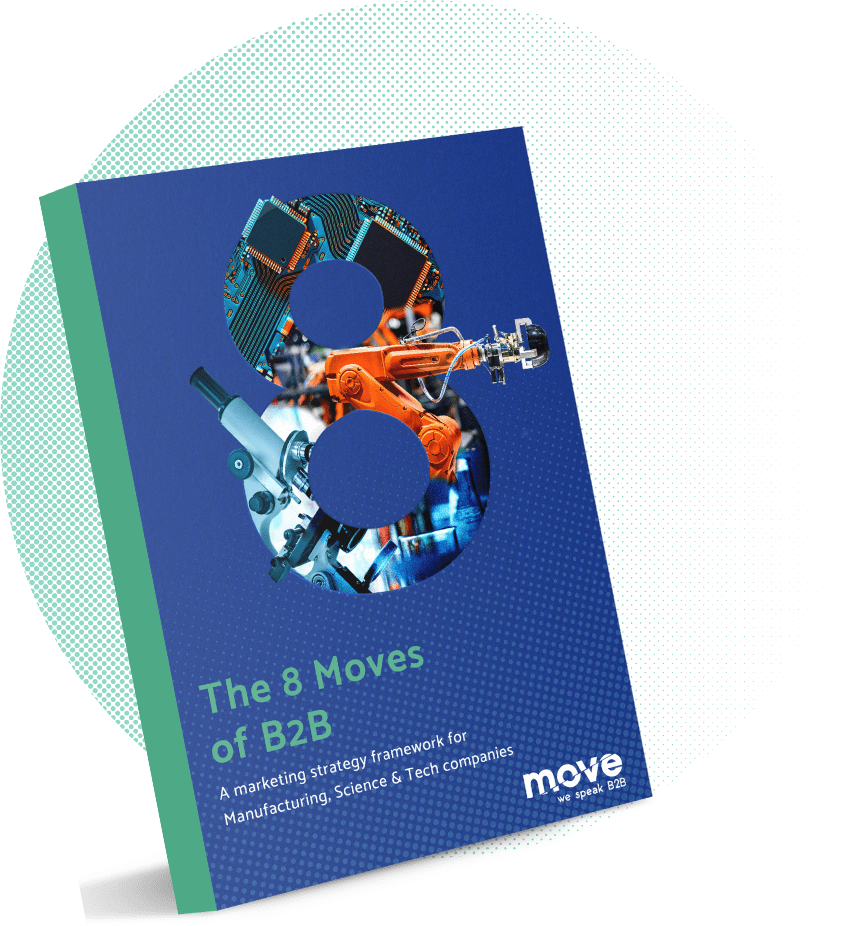Trust supersedes everything in B2B marketing in the digital age
What is trust? The dictionary definition can be summarised as “a firm belief, faith or confidence in the reliability, truth, integrity or ability of someone or something”. Trust is a fundamental ingredient in all interpersonal relationships, whether that’s person to person, business to person or business to business. It takes time to build and yet can be lost in the blink of an eye, particularly in the digital era. It also inevitably involves risk, as you are putting a desired outcome into another person or business’s hands, thereby making you or your business vulnerable.
Trust is absolutely vital in B2B interactions and is heightened because the relationships between companies operate in such a different way to those between businesses and consumers. Item values can be much higher, the typical sales cycle is much longer (in certain cases up to 18+ months) and there are more decision makers working through a far more complex buying process that demands more information and looped steps to reach a final purchasing decision. Therefore, when it comes to marketing, everything ultimately boils down to trust in your B2B brand.
So, with the combined forces of technology and the pandemic having separated sellers and buyers, what does the status of trust look like in the present day? A recent edition of “The CMO Survey” suggested that 27% of customers have made it a top priority to develop a trusting relationship with marketers over the next 12 months (Source: CMOsurvey.org). Meanwhile the 2021 Edelman Trust Barometer suggests that the current pandemic era is characterised by “an epidemic of misinformation and widespread mistrust of business, government, NGOs and media…in an environment of information bankruptcy” (Source: Edelman.com/trust/2021-trust-barometer).
Many niche B2B markets and sectors, particularly in the industrial and scientific space, haven’t traditionally had the benefit of mass awareness and also have audiences that have traditionally been difficult to access. Times have changed though and the digital revolution, combined with the democratisation of publishing channels, have made it possible for even the smallest of businesses to project their brand story on a global basis. Awareness sits right at the top of the marketing funnel and is the starting platform for any type of trust transaction to take place. After all, without awareness there is not even a basis for establishing trust.
For decades, the market leaders in all of the various industrial, scientific and other niche B2B sectors have had a monopoly on trust. The biggest budgets meant the widest coverage, the biggest presence, preservation of the status quo as “the safe choice” and the ability to block out or overpower smaller competitor messaging. In recent years though digital has levelled the playing field and enabled even the smallest market player to compete. Now is the time for challenger brands to take on the established market leaders, question product performance claims, positioning statements and “inherited” (rather than earned) trust and widen the conversation and customer journey.
Of course the product or service being marketed still needs to stand up to scrutiny. It must perform equally or better than those of competitors, whether that’s on a direct comparison or on the basis of a lifecycle cost investment. From that perspective challenger brands have more to prove, at a time of pandemic-induced change, than market leaders. But the cost of telling the brand story and projecting the benefits of a B2B product or service to the world is now much more accessible and so smaller, challenger brands have the potential to take the fight to the market leaders.
Penetrating the consciousness of potential buyers who are being saturated with marketing messaging is still a battle. However, with the correct use of segmentation, targeting and an orchestrated multichannel approach, B2B brands can use digital platforms to tell their brand story and enable their products and services to engage and compete more consistently on merit at the pivotal moments of the B2B buyer journey.


